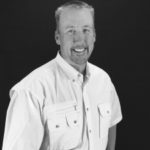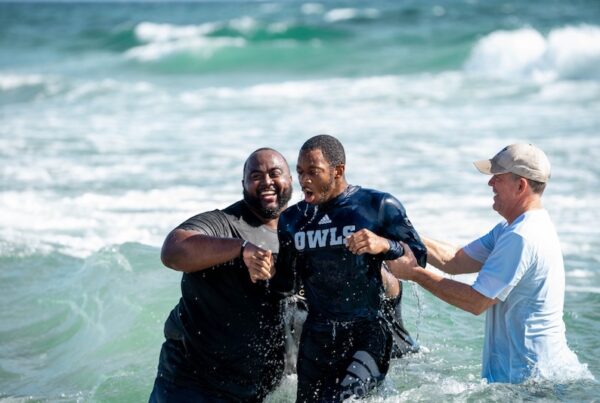Church planting is hard. Really hard, even in the best of conditions. But planting with no support, network, or supporting church to draw from or lean on is at times unbearable. That’s where I found myself in 2013 when I was presented with the idea of joining the Acts 29 US West network. Our church, Heritage Christian Fellowship, was almost six years old and the definition of lone rangers. By the grace of God our church had far outgrown our expectations, but now we were feeling overwhelmed with nowhere to turn.
A great friend of mine, Loren Anderson in Bend, Oregon, had gone through Acts 29’s assessment the year before and encouraged us to consider Acts 29, but we were wary in light of some challenges Acts 29 was navigating at the time. So we decided to enter the assessment process with Acts 29 as a means of not only being assessed ourselves but assessing them as well to see if they were the right fit for us.
Our church planted out of what might best be described as an “attractional” model. There was solid Bible teaching but little in terms of gospel engagement of our city. However, after our first couple of years the Lord began leading Heritage in a much more missional direction. Unfortunately, not everyone made that transition with us. In fact, we lost people who were incredibly close to us, people who had even been instrumental in planting the church. As a result, I was understandably gun-shy to make significant changes. If we were to be part of Acts 29, I needed to be able to prove without a shadow of a doubt that this was God’s will for us.
Being an elder-led church, and being nervous about making any decisions that would rock the boat too much, I decided to include the elder team in my application and assessment process. This turned out to be a phenomenal exercise for our leadership board and our church. Nothing in the application was submitted to Acts 29 without their approval, except for personal and family life questions. So many things, from church practices to theology, had just been assumed by our team. We had had never really taken the time to work through some of these beliefs and philosophies as a team and put them down on paper. So with each question I was required to answer in my assessment, I presented my answer to the board to discuss. Together we worked through our view and definition of the gospel, our view of Scripture, the role and mission of the church, our understanding of salvation, and more.
The benefits of approaching the assessment application this way were two-fold. First, we were able to as a board agree that the statements submitted to Acts 29 didn’t just represent me as the pastor, but defined our church as a whole. We knew that if Acts 29 accepted us as we were, then we’d willingly join the network because we knew the result would be a partnering with churches with whom we could have a genuine brotherhood based on solid beliefs. The second, and related, benefit was the resulting clarity and unity among our board. By working together on the application, we further solidified our own identity and beliefs. Many times since then I have pulled up our answers to different assessment questions to answer questions that new attendees have about the beliefs and values of our church. It was a fantastic growing and team building exercise.
Though we loved the first part of our assessment process, the thing that settled in my mind that Acts 29 was a network Heritage should be a part of was not the application, but the interview. My wife and I were invited to Lebanon, Oregon by Patrick Bowler, the Oregon area lead for Acts 29 US West. He was joined by two other pastors and one of their wives. I don’t know how best to describe the experience other than to say we were “pastored.” The care and brotherhood of these brothers and sister were so impactful. Of particular note was their care for my wife. As they asked about our history, some of the hurtful experiences of church planting inevitably came up, sparking a great deal of emotion from my wife. When I saw these members of our assessment team leaning in and ministering to my wife’s heart, I was sold.
It was overwhelming to see that the assessment process for Acts 29 was not just some test to see if we qualified or fit in. It was also an opportunity to learn about our heart and our heartbreaks, and to minister to us in a deep, impactful, and lasting way.
We are proud to be part of the Acts 29 family and to be both recipients and vessels of the grace of God for our brothers and sisters network-wide.











